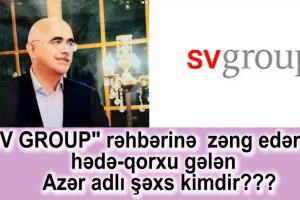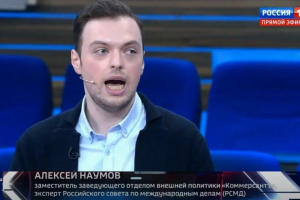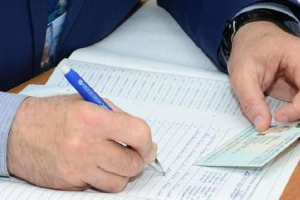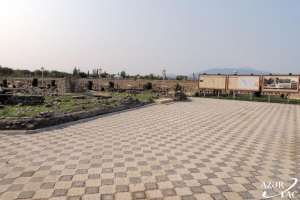


On the night of Tuesday, December 26, the Knesset approved in the second and third readings the law limiting the possibility of carrying out work on the Shabbat. 50 deputies voted for the bill, 38 - against it.
This law was initiated by the Yaadut a-Torah faction and was one of two laws that were agreed upon by the leadership of the coalition and ultra-Orthodox factions during the coalition crisis in November. The coalition crisis arose against the backdrop of increased work on the railroad along the Shabbat.
According to the text of the bill, the Minister of Labor, who has the authority to issue work permits for Shabbat, will take into account such criteria as the Jewish tradition and the social well-being of workers. The bill also stipulates that work on Shabbat will be conducted only in case of emergency, in the absence of alternatives. "The Minister of Labor is obliged to minimize the impact on the public space in which work is carried out," the bill says.
The second law that promotes ultra-orthodox factions is the "law on makoleats". Official source in the party "Yaadut a-Torah" said that this bill should be approved in the coming weeks. At the same time, the party "Our Home Israel" states that at the moment there is no date for discussion of the bill by the Knesset plenary session.
On the night of December 26, a discussion began in the Knesset and a bill to ban police from submitting recommendations after the investigation was completed. The opposition has submitted hundreds of amendments to the text of the bill and intends to use all the time allotted to it for speeches. It is expected that the vote will not be held until noon on December 27. The coalition fears that opposition factions will suddenly recall all the amendments and demand an immediate vote at the moment when they have a majority in the hall.
In this regard, deputies and ministers from the coalition were ordered to be in close proximity to the Knesset in order to be able to participate in the voting.
According to the regulations, meetings of the Knesset committees can not be held during plenary sessions. In this regard, all discussions in the commissions, scheduled for December 26, are canceled, except for the work of the Foreign Affairs and Defense Commission. Prime Minister Binyamin Netanyahu will attend the meeting.














